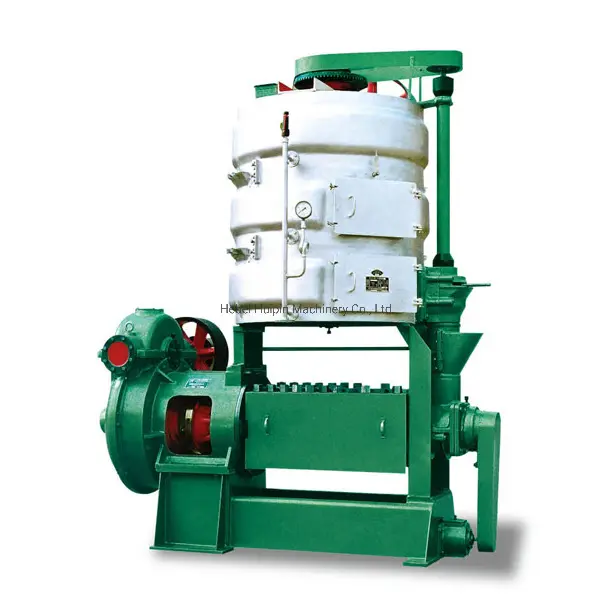Jul . 28, 2024 01:56 Back to list
Exploring the Range of Products from Vegetable Oil Refinery Processes and Their Applications
The Significance of Vegetable Oil Refinery Products
Vegetable oil plays a pivotal role in the global culinary landscape, serving as a primary source of fat in many households. Beyond its traditional culinary uses, vegetable oil refinery products have vast applications in various industries, including food, cosmetics, and biofuels. This article aims to explore the importance of vegetable oil refinery products, the refining process, and their diverse applications.
The Refining Process
The refinement of vegetable oil is a sophisticated process that transforms crude oil extracted from seeds and fruits into a high-quality product suitable for consumption and industrial use. The refining method generally involves several key steps degumming, neutralization, bleaching, and deodorization.
1. Degumming This initial process removes impurities such as phospholipids and proteins that can affect the quality and stability of the oil. 2. Neutralization In this step, free fatty acids are removed to reduce acidity. This is typically done through a chemical reaction with an alkaline solution, which helps purify the oil and improve its flavor.
3. Bleaching Bleaching agents like activated carbon or clay are employed to eliminate color and odor. This not only enhances the aesthetic appeal of the oil but also extends its shelf life by removing substances that could lead to rancidity.
4. Deodorization The final step involves the removal of volatile compounds that contribute to undesirable smells and tastes. Steam distillation is commonly used in this phase, resulting in a neutral flavor that is highly desirable in culinary applications.
Diverse Applications
vegetable oil refinery products

The refined vegetable oil products have an extensive range of uses that extend beyond the kitchen
. Some of the major applications include1. Culinary Uses Refined vegetable oils, such as canola, sunflower, and soybean oil, are widely used in cooking and frying due to their neutral taste and high smoke points. They are also essential ingredients in salad dressings, margarine, and baked goods.
2. Food Industry Beyond cooking, vegetable oils are indispensable in the food industry. They act as emulsifiers in mayonnaise, provide texture in baked goods, and are essential for the production of snacks and processed foods.
3. Cosmetics and Personal Care The cosmetic industry utilizes vegetable oils for their moisturizing properties. Oils such as avocado, olive, and coconut oil are commonly found in skin creams, lotions, and hair products. These oils not only enhance the product's texture but also provide nourishment to the skin and hair.
4. Biofuels In an era where sustainability is paramount, vegetable oils serve as a renewable source for biodiesel production. The transesterification process converts vegetable oils into biodiesel, which is a cleaner alternative to fossil fuels, contributing to a reduction in greenhouse gas emissions.
5. Industrial Applications Aside from culinary and cosmetic uses, refined vegetable oils are utilized in the manufacturing of lubricants, paints, and plastics. They serve as biodegradable alternatives to petroleum-based products, aligning with environmentally conscious practices.
Conclusion
Vegetable oil refinery products are integral to modern society, influencing various sectors from food production to personal care and sustainable energy. The refining process enhances the usability and quality of these oils, making them suitable for a myriad of applications. As consumers increasingly seek healthier and environmentally friendly options, the importance of vegetable oil refinery products continues to grow, embracing both innovation and tradition in a rapidly changing world.
-
HP 120 Cold Oil Press-Hebei Huipin|Efficient Extraction&Multi-Use
NewsAug.16,2025
-
HP 120 Cold Oil Press-Hebei Huipin|High-Efficiency Oil Extraction&Cold Press Technology
NewsAug.16,2025
-
HP 120 Model Cold Oil Press - Hebei Huipin Machinery | High Efficiency Oil Extraction Machine
NewsAug.16,2025
-
Food Oil Refined Machines: Quality & Efficient Oil Refining
NewsAug.16,2025
-
HP 120 Cold Oil Press - Hebei Huipin Machinery|Oil Extraction&Efficiency
NewsAug.15,2025
-
HP 120 Cold Oil Press - Hebei Huipin Machinery | Automated Oil Extraction&High Efficiency
NewsAug.15,2025
